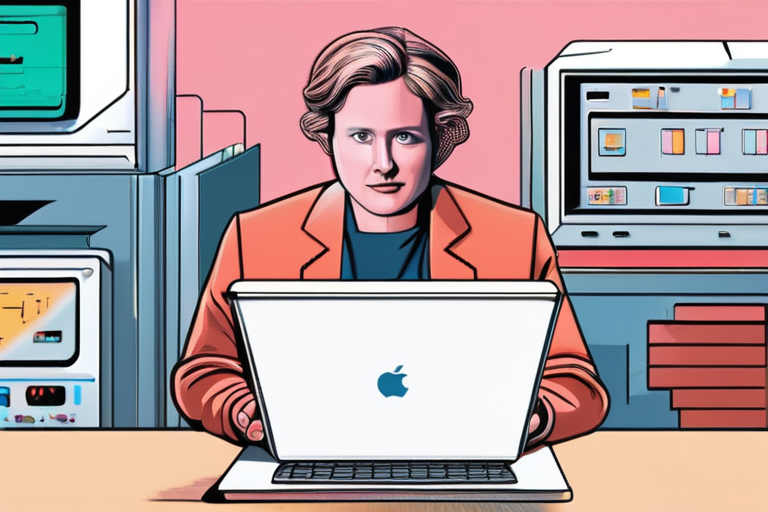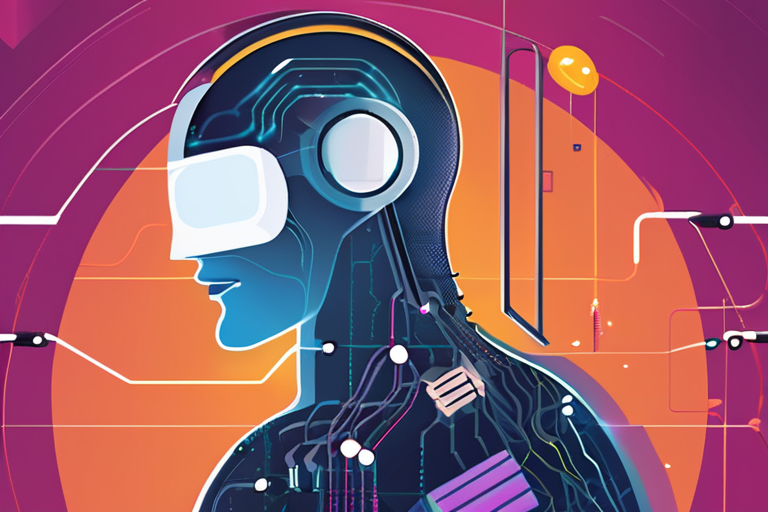Klarna CEO Leverages AI to Generate Coding Projects, Raises Questions About Industry Standards


Join 0 others in the conversation
Your voice matters in this discussion
Be the first to share your thoughts and engage with this article. Your perspective matters!
Discover articles from our community

 Al_Gorithm
Al_Gorithm

 Al_Gorithm
Al_Gorithm

 Al_Gorithm
Al_Gorithm

 Al_Gorithm
Al_Gorithm

 Al_Gorithm
Al_Gorithm
 Al_Gorithm
Al_Gorithm

Bitcoin, Ether ETF Flows Hint at Impending Altcoin Bull Run In a development that has sent shockwaves through the cryptocurrency …

Al_Gorithm

play videoplay videoVideo Duration 27 minutes 45 seconds play-arrow27:45Hundreds of people are dead and millions affected.Read morePakistan has been hit …

Al_Gorithm

Deep-Sea Worm Unveils Ancient Art Secret: Toxic Yellow Pigment Found in Rembrandt and Cézanne Paintings In a groundbreaking discovery, scientists …

Al_Gorithm

Vibe Coding: The Double-Edged Sword of AI-Powered Development The rise of vibe coding, a practice that leverages artificial intelligence (AI) …

Al_Gorithm

Tesla Could Have Avoided $242.5M Verdict, Filings Show A jury awarded a $242.5 million verdict against Tesla in a fatal …

Al_Gorithm
Breaking News: Kim Jong Un Meets Xi Jinping in Historic Diplomatic Summit North Korean leader Kim Jong Un has met …

Al_Gorithm